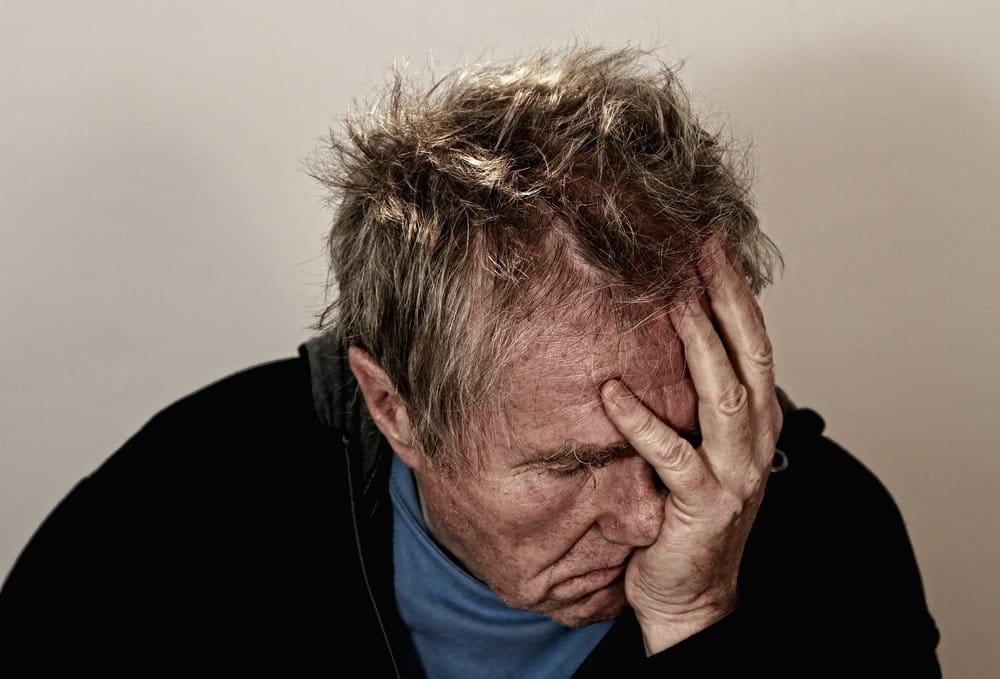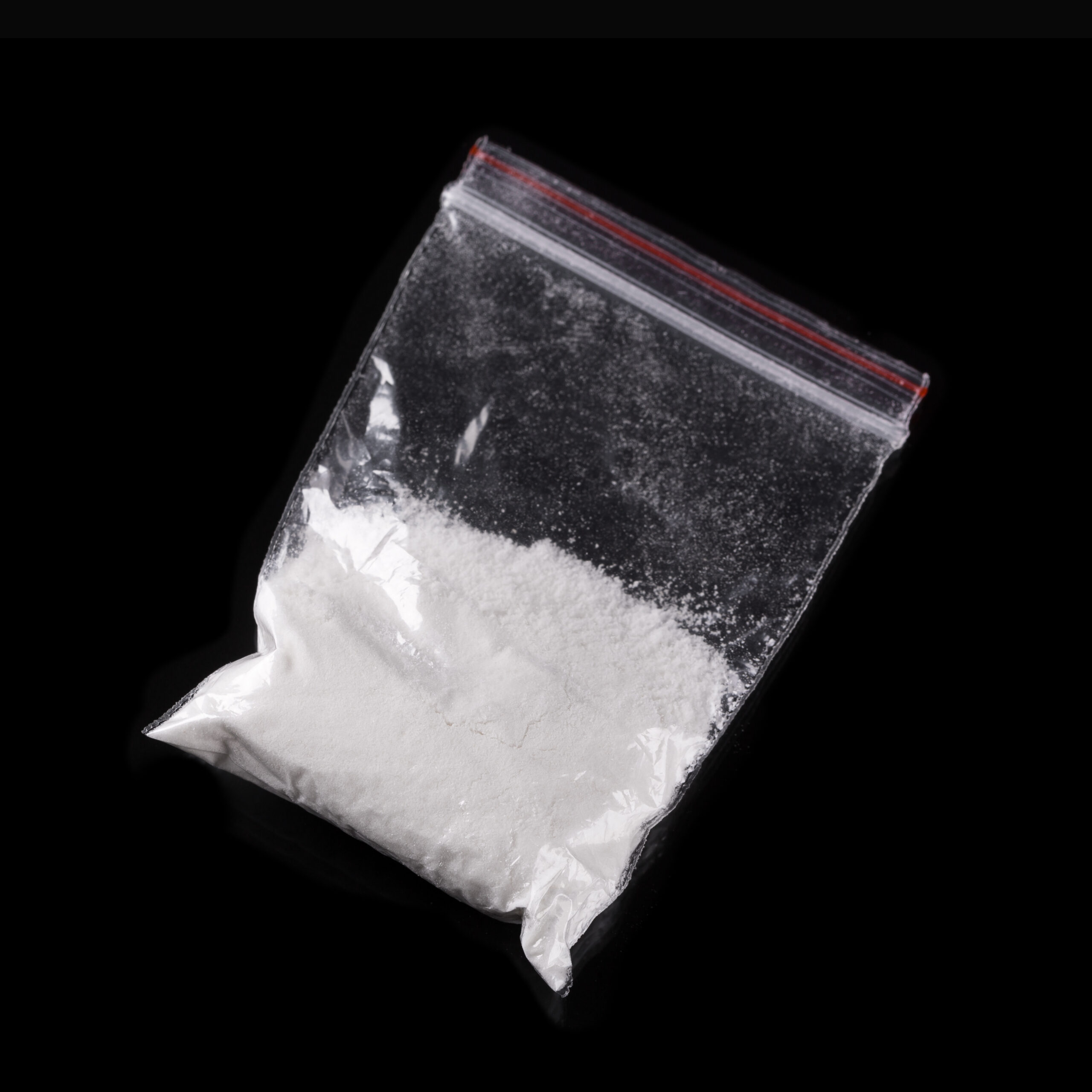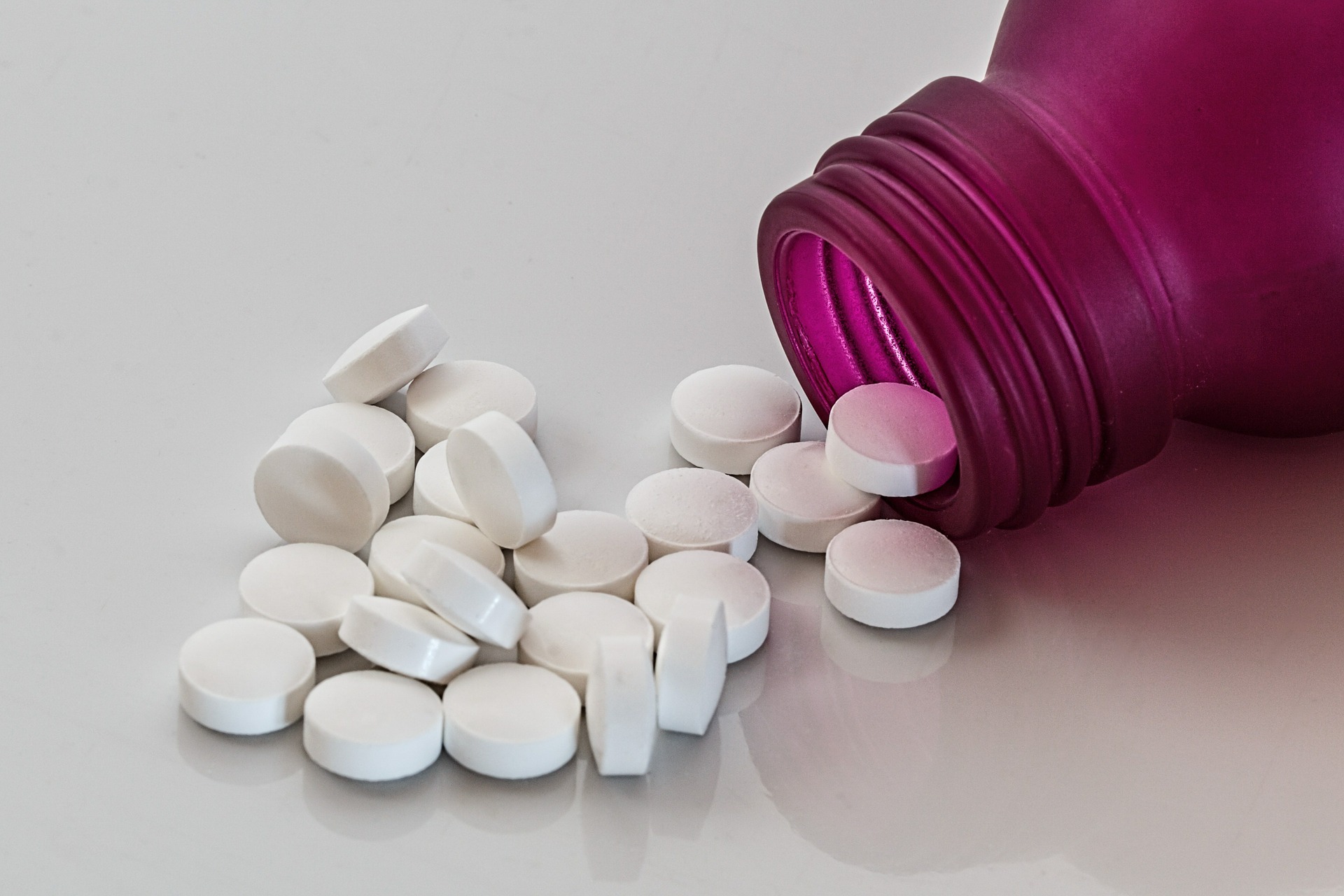How Isolation Fuels Opioid Addiction
While the recent pandemic hasn’t helped much, drug addiction and isolation generally go hand in hand. On one hand, there is a significant degree of isolation that is brought on by the individual as a result of the drug use, but does isolation and loneliness have the ability to increase or fuel opioid addiction? You might be surprised to find out that it does.
How Isolation Fuels Opioid Addiction
Addiction and isolation have always been closely intertwined, and it is one of the hallmark signs of opioid addiction for someone with a growing addiction to become increasingly isolated. Here are some of the most common causes of isolation, and how it can affect the addiction that caused it.
Self-Imposed Isolation
One big reason is that addiction, by definition, consists heavily of a loss of control. This can be very frightening for some people, and they can feel like they’re going through something nobody else would understand. In many cases, they feel like they’d be better off alone.
Another reason is that many of the physical brain changes that result from addiction lead to isolation. The drug becomes the primary focus in the individual’s life and the sole recipient of nearly all of their attention and energy. This behavior is another reason that people start to isolate themselves when developing an opioid addiction.
Keeping Drug Use Secret
Many people realize that they’ve become addicted to opioids, and feel a deep sense of shame or guilt about it, and as a result, strive to hide what they feel is a huge source of embarrassment from everyone. Some people may not want to be scolded or chided about it, and some just don’t want to feel like they are being judged or accused of stealing or lying about drugs.
The Connection Is Reciprocal
In many cases, isolation is the direct result of addiction and addictive behaviors. However, the reverse is also true to a considerable degree. There are a number of cases where addiction is reinforced by isolation. As an individual becomes more and more isolated, they can begin to harbor some incredibly serious emotional and psychological stress, which can cause more drug use as a method of escapism and generally unhealthy coping mechanisms.
People are largely social beings, and this means that when human connection is limited or largely eliminated as a result of addiction, it can make other issues worse. This includes other diagnosed or undiagnosed mental illnesses, which can be exacerbated by stress that isn’t dealt with healthily.
How Isolation & Addiction Affect The Individual
The effects of isolation can be crushing for many people, and it can lead to major depression, and feelings of hopelessness. With the changes in behavior to favor lying and secrecy, many relationships can be limited or entirely cut off. In excess, opioids and isolation can cause devastating health effects. They can lead to health effects like heart problems, stress, depression, and memory issues. Additional adverse effects are diminished cellular reproduction, sleep disruption, fatigue, and more.
Partner With Capo Canyon To Recover From Opioids & Isolation
If you or someone you know and care about is battling opioids and isolation, it may be time to work with a professional to start recovery in a safe and supportive environment. Detoxing alone at home, particularly when opioids are involved, can be an uncomfortable, painful, dangerous, difficult task that may result in medical complications. Working with a professional means the recovery process can start from a place of comfort and safety, with significant emotional support nearby. Reach out today to speak with an addiction expert on creating your treatment plan.














